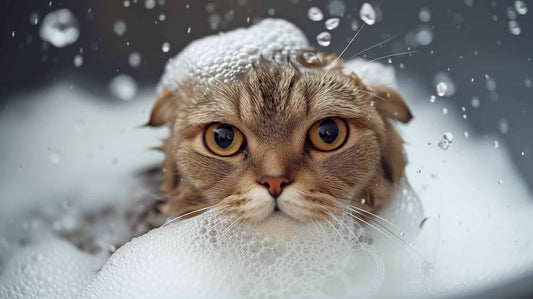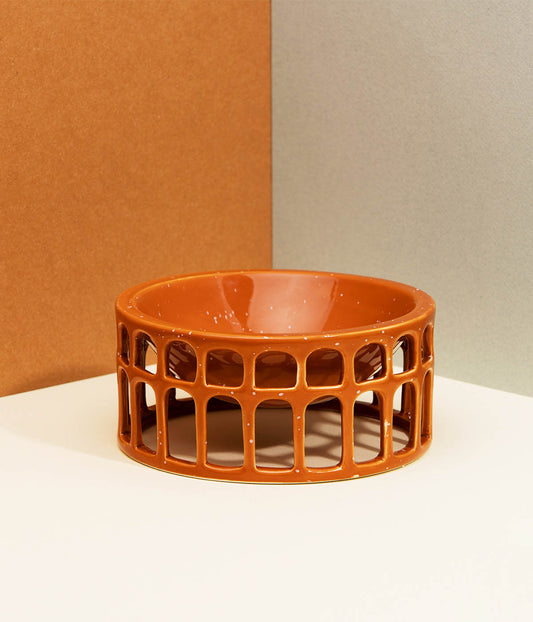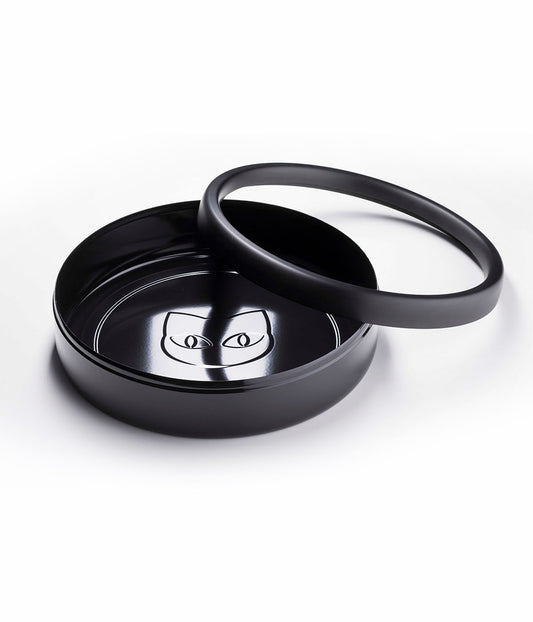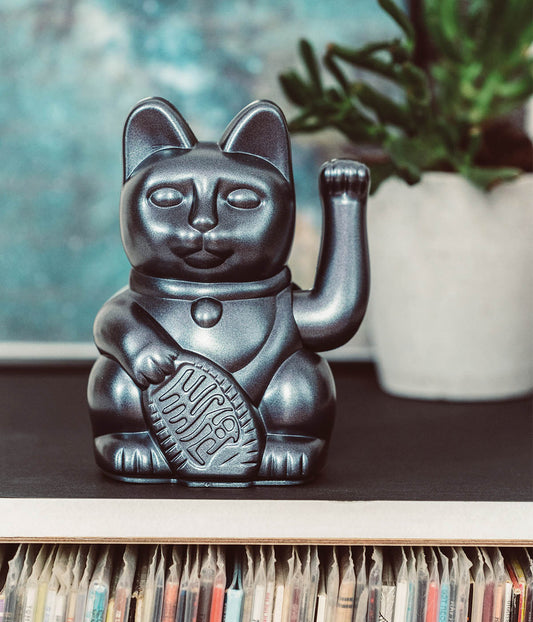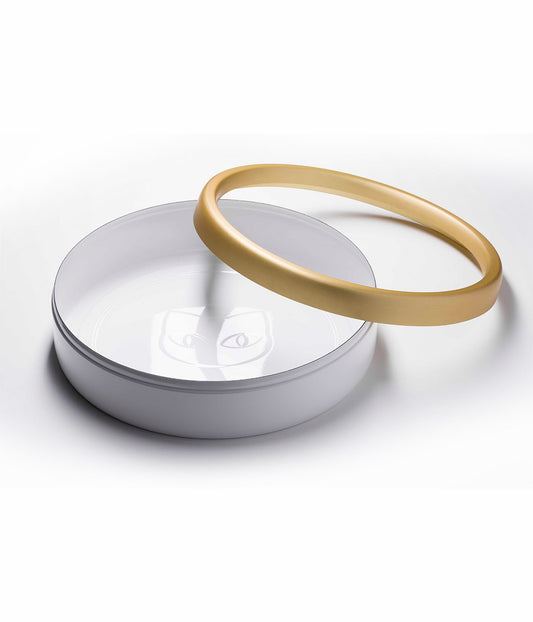
Help my cat eat something bad. First aid for a poisoned cat
Marie DuchessAs a responsible pet owner, it is important to be prepared for emergencies that may arise with your furry friends. One such emergency is when your cat ingests something toxic and becomes poisoned. Knowing how to administer first aid in such situations can potentially save your cat's life. In this blog post, we will discuss the steps you should take if you suspect your cat has been poisoned.
What are the signs of poisoning in cats?
Recognizing the signs of poisoning in cats is crucial for prompt action. Some common symptoms include:
- Vomiting
- Diarrhea
- Excessive drooling
- Difficulty breathing
- Weakness or lethargy
- Seizures
Step 1: Remove your cat from the source of poison
If you witness your cat ingesting something toxic, it is important to remove them from the source immediately. This will help prevent further exposure and minimize the absorption of the poison into their system.
Step 2: Contact your veterinarian
After removing your cat from the source of poison, contact your veterinarian right away. They will provide guidance based on the specific poison ingested and may instruct you to induce vomiting or administer activated charcoal.
Step 3: Inducing vomiting
Inducing vomiting should only be done under the guidance of a veterinarian. They will advise you on the appropriate method and dosage to safely induce vomiting in your cat. It is important to note that not all toxins should be vomited out, so always consult a professional first.
Step 4: Administering activated charcoal
Activated charcoal can help absorb toxins in your cat's stomach and prevent their absorption into the bloodstream. Your veterinarian may recommend administering activated charcoal to your cat, either orally or through a feeding tube.
Step 5: Transport your cat to the veterinarian
Even if your cat appears to be stable after the initial first aid, it is crucial to transport them to the veterinarian for further evaluation and treatment. Some toxins may have delayed effects, and professional medical care is essential to ensure your cat's well-being.
Prevention is key
While accidents can happen, it is important to take preventive measures to minimize the risk of poisoning in your cat. Keep all potential toxins, such as cleaning products, medications, and plants, securely stored and out of your cat's reach. Regularly inspect your home and yard for any potential hazards.
Remember, this blog post is not a substitute for professional veterinary advice. If you suspect your cat has been poisoned, always consult your veterinarian immediately for proper guidance and treatment.



